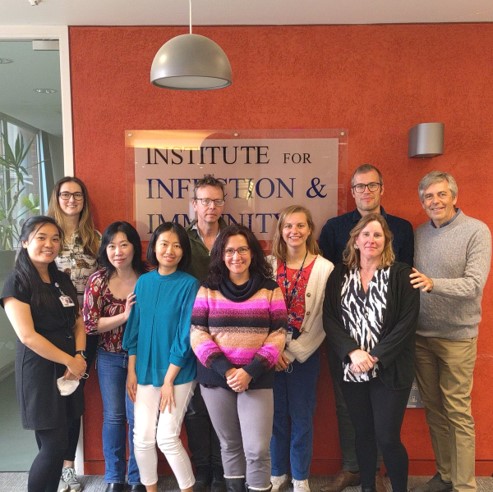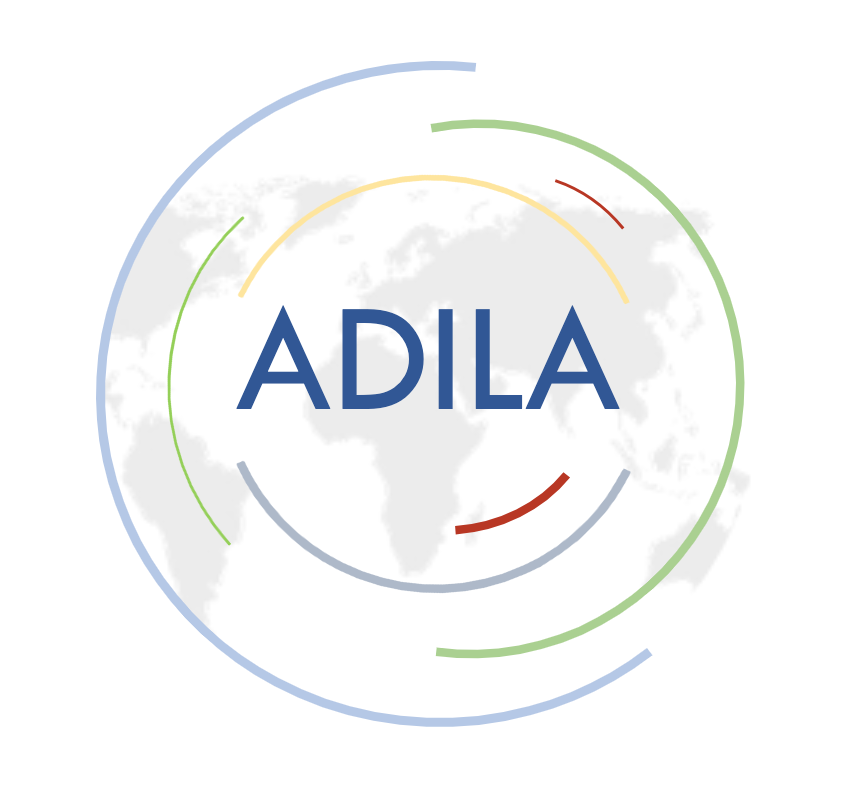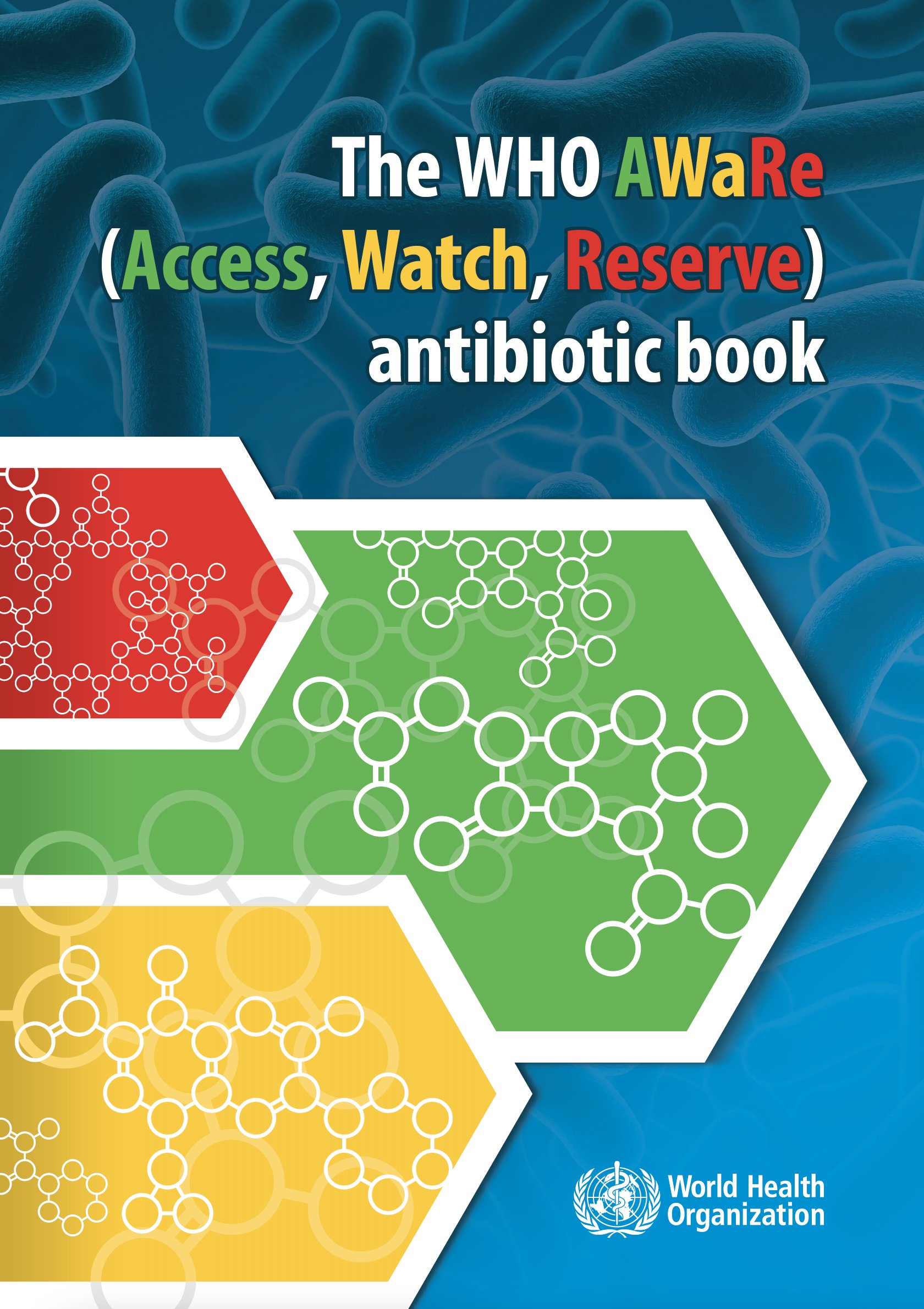Welcome to ADILA
Antimicrobial Resistance, Prescribing, and Consumption Data to Inform Country Antibiotic Guidance and Local Action (ADILA) Project

In 2015, the World Assembly endorsed the Global Action Plan (GAP) on antimicrobial resistance (AMR) encouraging countries to develop of National Action Plans (NAP) to tackle AMR. As of 2022, 148 countries had a NAP with an additional 38 countries in the process of developing their NAP.
While improvements in collection of microbiology and antibiotic consumption data have been helpful to inform countries of the scale of the issue, guidance on how best to use these data at a country level to inform prescribing practices, and improve clinical outcomes based on local priorities is needed. Significant challenges remain; linking AMR data with antimicrobial use (AMU) surveillance policy goals and AMR indicators. To effectively develop policy goals, monitor their outcomes, and practically use surveillance data, a feasibility assessment and methodology of deriving estimates of AMU linked to clinical infections in primary care and hospital settings is necessary.
The 'Antimicrobial resistance, prescribing and consumption Data to Inform country antibiotic guidance and Local Action' (ADILA) project has now been funded by the Wellcome Trust and plans to build on the data infrastructure established by the Global Research on AntiMicrobial resistance (GRAM) project, re-using data that informed AMR burden estimates to develop potential country level policy goals. The project aims to develop integrated clinical antimicrobial use/ consumption tools for both the primary health care and health facility settings that can be implemented at the national and local level. These tools aim to enable countries to evaluate their antimicrobial use, informed by local clinical disease burden and antimicrobial resistance. This work will comprise two main modelling modules with a third implementation module looking to pilot the developed tools in partner countries in collaboration with the WHO.
You're invite you to become a part of this network of international collaborators comprised of clinicians, epidemiologists, microbiologists, and other professionals around the world working with the common goal of tackling antimicrobial resistance and appropriate antimicrobial use.
Data collaboration
This project aims to work with global collaborators to include as many existing antibiotic use and resistance datasets from any available source.
This project focuses onseveral types of datasets:
- De-identified patient-level datasets linking AMU and AMR with clinical indication and outcome available as possible
- Any available antibiotic use/consumption datasets, clinical infection burden and antimicrobial resistance datasets even if they are not linked.
- These can include patient-level datasets, prescribing datasets, aggregate antibiotic consumption at health facility level or any higher geographic level (e.g. district, country), and wholesale and imports pharmacy data.
|
We would be interested in discussing any datasets you have access to that you think may be useful to contribute to these objectives. Please contact Catrin Moore at adila@sgul.ac.uk / camoore@sgul.ac.uk for more information or to discuss any datasets. |
Proposed analyses
Hospital facility:
- Develop all age models to estimate the relationship between timing of concordant antibiotic treatment and outcome for individual patients based on clinical risk factors using all available global datasets
- Relative proportions of clinical indications by country, facility type and AWaRe antibiotic use (Access/Watch/Reserve) will be used to model expected prescribing levels for hospital infections compared to the WHO EML AWaRe Antibiotic Book.
Primary Health Care:
- Quantify the observed relative proportions (by drug and Access/Watch) and total volume of antibiotic used/consumption using available datasets
- Model expected prescribing will be modelled based on relative incidence of clinical infections mapped to the WHO AWaRe Antibiotic Book
- Attempt to identify an ideal sampling frame for primary healthcare antibiotic use surveillance based on different desired outcomes and costs
 |
Our partners

Support the community
Thank you for visiting The Global Health Network, please take a moment to read this important message. As you know, our aim is to enable equity in access to research knowledge and this is successfully delivering support and training to 1000’s of research teams all over the world. But we need your support!. If you have benefited from this research skills and knowledge sharing facility, please help us sustain this remarkable and unique provision of information for those who could otherwise not access such support and training. We would be really grateful if you could make a donation or ask your employer or organisation to contribute to the costs of maintaining this platform and the generation of new contents for all users. Just a small contribution from everyone who can afford to pay would keep this available for those who cannot. Thank you, we really appreciate your part in this community effort to better equity in global health research.

